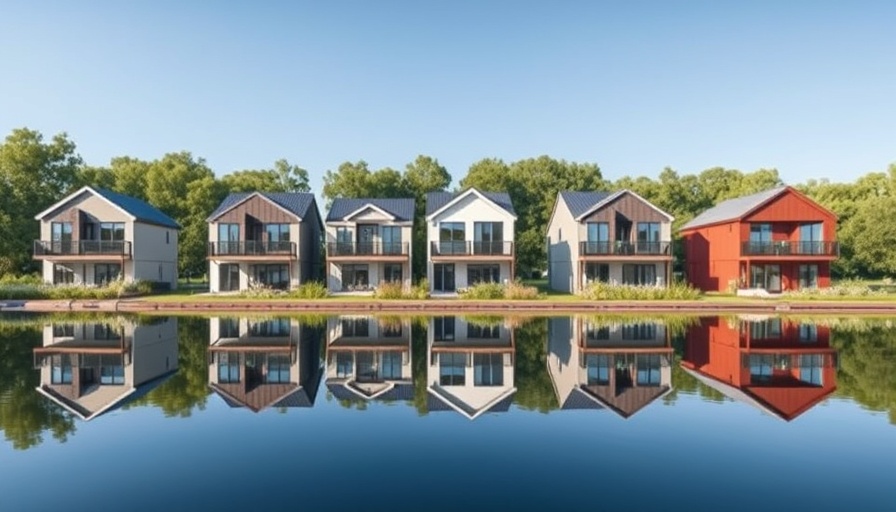
Understanding the Value of a Home with a Pool
In today’s real estate market, buying a home with a pool invites unique considerations. Factors span from initial costs and maintenance to potential returns on investment and lifestyle choices. This analysis delves into these layers, especially as professionals and marketers explore the implications of additional amenities like swimming pools in their financial decisions.
Costs Versus Benefits: Analyzing Investment Potential
Firstly, the economic aspect of owning a home with a pool requires scrutiny. While a pool can raise the home’s market value by some estimates, the return on investment can vary significantly. On average, pools can increase property value by approximately 7-15%. However, this increase is contingent upon various factors including location, climate, and market conditions, making it crucial for buyers to assess their specific situation before committing.
Maintenance: A Hidden Expense to Consider
Maintaining a pool constitutes a considerable ongoing expense. Homeowners must factor in the regular costs associated with cleaning, chemical balancing, repairs, and heating. Professional services could add hundreds of dollars to yearly budgets. Understanding the total cost of ownership offers clearer insights into whether the benefits justify the financial outlay.
Market Trends: Pool Ownership in Today’s Economy
Current economic indicators reflect an intriguing dichotomy in real estate trends. With fluctuating mortgage rates and inflation impacting consumer spending habits, potential homeowners must navigate these complexities. The Federal Reserve's monetary policy continues to play a pivotal role in shaping investment strategies in real estate. Flexibility in asset allocation becomes essential as individuals weigh the tangible benefits of home features such as pools amidst broader market volatility.
Future Predictions: The Long-Term Value of Pools
Real estate trends suggest pools may not only appeal to buyers currently but extend their desirability into the future. As urbanization progresses and outdoor living spaces become increasingly popular, properties with pools may retain their attractiveness. With climate change influencing weather patterns, the appeal of cooling off in one’s own backyard could foster significant interest and demand.
Understanding Homebuyer Preferences: The Emotional Connection
Beyond the financial aspect, pools hold emotional and lifestyle significance, particularly among families and professionals looking to enhance their overall quality of life. The potential for sociability and relaxation can transform a home, making it a desirable retreat. Buyers must consider whether this emotional connection justifies the investment amidst broader economic pressures.
Decision-Making: Weighing All Factors
The decision to purchase a home with a pool necessitates a thorough analysis of both current circumstances and future projections. Understanding investment parameters—including trends in real estate values influenced by factors like GDP growth and inflation—can help newcomers navigate their choices more effectively. Armed with insights on maintenance and emotional impacts, a judicious buyer can make informed decisions that reflect their financial landscape and personal desires.
In conclusion, the path to homeownership entails various factors, especially when weighing the pros and cons of having a pool. As market dynamics shift, staying informed about real estate trends can empower potential buyers to make sound decisions.
 Add Row
Add Row  Add
Add 




Write A Comment